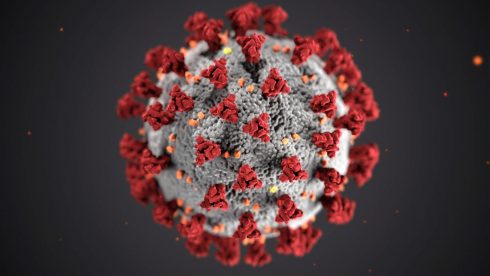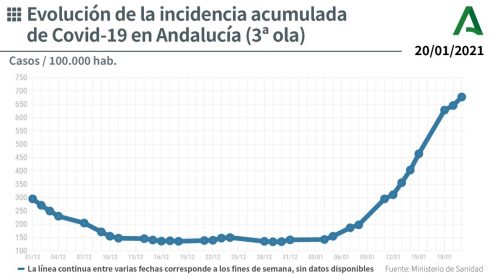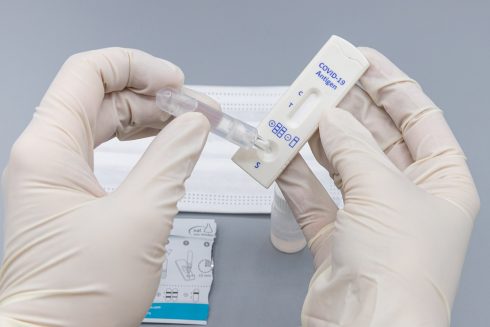A SPANISH vaccine has proven to be 100% effective against COVID-19 in mice.
The jab, developed by virologists Mariano Esteban and Juan Garcia Arriaza at the National Centre for Biotechnology at the CSIC, is hoping to move to human trials ‘within weeks’.
The vaccine uses a variant of the virus that was used to eradicate smallpox, according to the results published in the Journal of Virology.
It is being developed with Spanish biotech giant Biofabri, belonging to the Zendal group, with plans for clinical trials already in motion.
Dubbed MVA-CoV-2, the jab uses the ‘Modified Ankara vaccinia’ virus (MVA) as a vehicle to transport a SARS-CoV-2 protein that manages to stimulate an immune system defense against the coronavirus, reported the Higher Council for Scientific Research.
Biofabri is now waiting for the green light from the Spanish Medicines Agency to kickstart the first of two clinical human trials, which could start in a few weeks.
“We have observed that the MVA-CoV-2 vaccine candidate generates a robust immune response with the production of neutralising antibodies and the activation of T lymphocytes in mice,” explained researcher Mariano Esteban.
Researcher Arriaza said in a statement released today by the CSIC that they have verified that the vaccine ‘creates 100% protection against SARS-CoV-2 in a humanised mouse subject susceptible to the SARS-CoV-2 infection, which is very important.’
In the Spanish vaccine, the MVA virus has been modified to replicate the complete S protein of SARS-CoV-2, which is the key that allows the coronavirus to enter human cells.
It therefore introduces the immune system to said protein and teaches it how to recognise and eliminate it.
According to the study, one or two doses of the vaccine protected 100% of the humanised mice from COVID-19.
CSIC added, however, that two doses of the vaccine blocked replication of the coronavirus in the lungs.
“These results demonstrate that the MVA vector-based COVID-19 vaccine produces robust immunity and complete efficacy in animal models, and supports its future application in clinical trials,” the researchers declared.
Clinical phases I and II could begin in a few weeks before progressing to phase III.
Tests will now also be carried out on hamsters and macaques.








